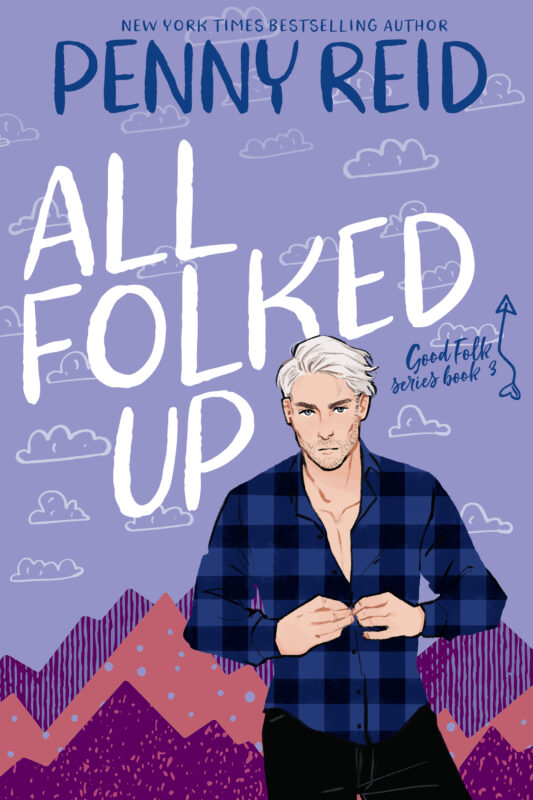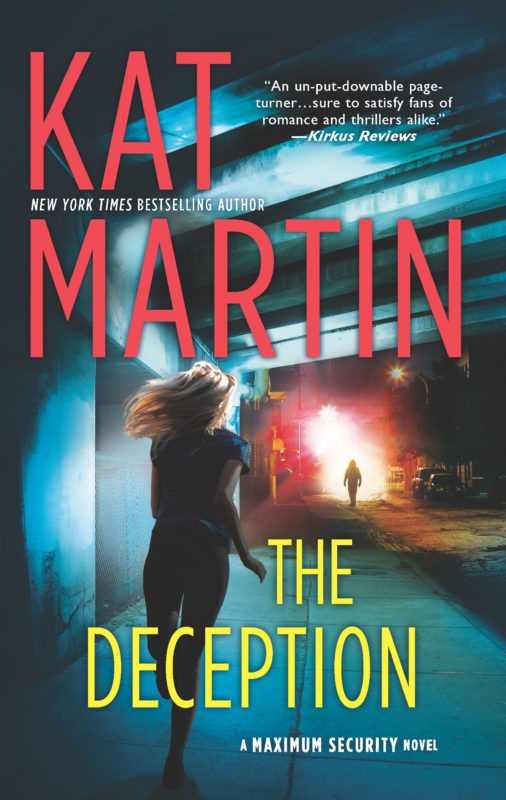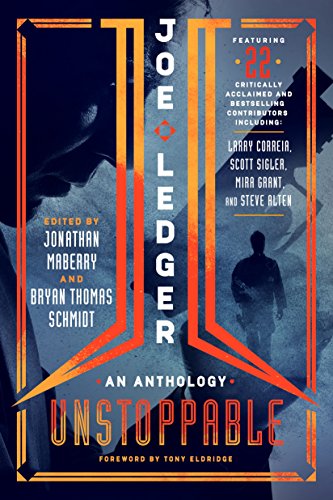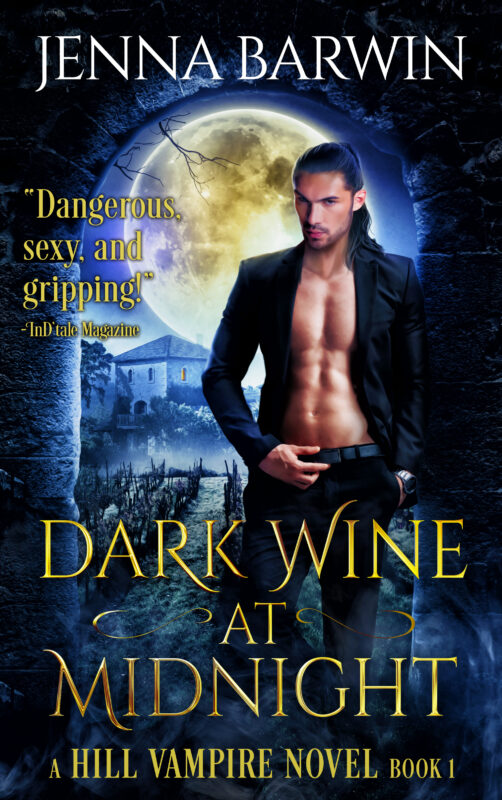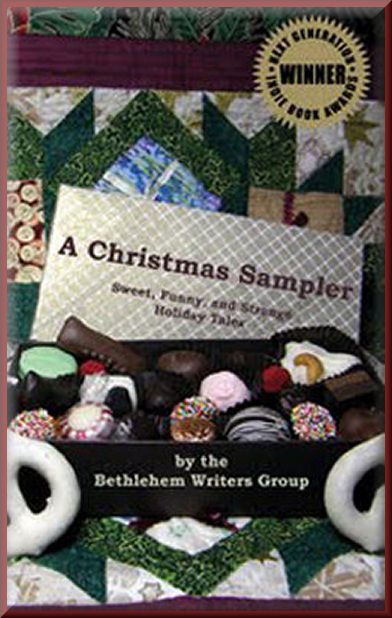FLING:NEW ADULT BOX SET
July 5, 2015 by Tracy Reed in category Pink Pad by Tracy Reed tagged as Bonnie Bliss, boxed sets, Elena Dillion, Geralyn Corcillo, Kathleen Rowland, L. Kirk, Michele Barrow-Belisle, New Adult, novella, Tina Gayle, Tracy ReedI am so excited to be a part of my first box set. I have heard a lot of people talk about box sets. I’ve heard the good and the bad. However, the amount of good far outweighed the bad for me. I am having a ball working with the six other authors in the FLING: NEW ADULT BOX SET.
False celebration. Being new to KDP Select and the borrow or loan program, I reviewed my sales and thought I had over 200 hundred borrows. Reality stepped in and slapped me when I realized the pay structure changed on July 1st. What I thought were units borrowed, were actually pages read. Still not too bad for the first day.
THE GOOD GIRL, is my contribution to the box set and I have to admit, I thought writing a novella
would be a piece of flourless chocolate cake. And it was sort of. Originally, I was only going to write ten thousand words, which I did in a week. However, I wanted to also have a print version, so I set out to double my word count. Talking about stretching, but once I did, it was a little difficult to stop. So now my little novella, is book one in a series.
I’m very grateful to be a part of this box set, because it forced me to do some things I should have done. First, it made me implement a production schedule. Second, it forced me to write a novella. I have been wanting to write a novella for a while. I loved it. I am definitely adding more novellas to my production schedule. Third, it gave me a filler book. My next full length book needed quite a few revisions [I’ll share about that book later] which meant the gap between books was not good. So instead of almost nine months, it’s more like six.
This venture gave me six new writing friends. Thank you, Bonnie, Elena, Geralyn, Kathleen, Michele and Tina.
FLING New Adult Box Set is available at Amazon.com
So meet my Fling Box Set Mates:
Entangled Summer by Michele Barrow-Belisle
Nora Dultry has dreamed of a mysterious guy for years, but when he walks into her waking life, she must untangle the past from the present to know if he’s her dream come true, or her waking nightmare.
Love Me Like You Do by L.Kirk
Daisy Philips jumps to the defense of mysterious loner. Jason Lancaster is a lost soul. Their budding romance hits a snag when a tragedy pulls them apart. Can they find a way to mend their broken hearts?
Chase by Elena Dillon
Rylan Maguire has run from danger, right into Chase Sullivan. But his past tangles with hers, making Rylan wonder if she’s strong enough to love him.
My Best Friend’s Ex by Tina Gayle
She loved him first, but her best friend married him. With their divorce, Brooke must choose between her best friend and the man she loves.
Betrayal at Crater’s Edge by Kathleen Rowland
Marchand wants to show Yardley he loves her, but he has bigger problems. Venus is heading for a catastrophe, and only he can save their world.
Random Acts of Violet by Geralyn Corcillo
Cautious loner Violet Parker needs a new playbook when her quiet summer on campus collides with an unexpected eight year-old, a monster in the attic, and Noah!
The Good Girl by Tracy Reed
When Gabriella accepted her new assignment, she didn’t know it also included a chance for love with her boss, the hot and elusive, Phillippe Marchant.
In My Day…
June 24, 2015 by A Slice of Orange in category Archives tagged as blue jeans, Isabel Swift, LevisI was looking for a pair of normal jeans and not having much luck. So I went into the giant Levi shop (All Levis All The Time) filled with hope! Surely Levi would be able to deliver a pair of regular jeans.
Think again.
Fabric dark, cheap feeling, and like ever other jean product available on the market “stylishly” torn, big holes at knees or strange white blobs of wear on the legs in places that would never, naturally, get worn.
Or multiple peculiar holes all over, as if they’d been left hanging in some automatic weapons firing range and had been peppered good. Or both…
I look at the young clerk and confessed: “You know, I just feel it is my job to wear out my own jeans. It doesn’t seem right to have it contracted out to some machine or child laborer.”
He nodded sympathetically. (The customer is always right).
Yes, in my day we had active lives. We did stuff. We wore holes in our jeans without any outside help. Yep, not even from our disinterested non-helicopter parents.
Our jeans were authentic. Artisanal. Indeed the work was just about as local as you could get.
When you look at the language being used now to market and enhance our present possessions, foods and lifestyle, beneath the words, you can hear this wild, inchoate cry against the virtualness of much of our present existence: instant, effortless, convenient. But somehow insubstantial, unsatisfying.
Unearned.
Isabel Swift
Cinderella at the Ball: My Kindle Scout Experience Part 2 by Jina Bacarr
June 11, 2015 by A Slice of Orange in category Archives tagged as Amazon, author, book, Civil War, Confessions of a Podcast Goddess, historical, Kindle, Kindle Press, kindle scout, reader, romance, sexy, time travel, Writer, writing 0 0 Read moreSummer Time to Write
June 10, 2015 by Marianne H. Donley in category Archives tagged as Elise Scott, Romancing the Pages, writing tips Summer is fast approaching and many writers will have more distractions at home now that their children will be home from school. So now the task of setting writing goals, and finding quiet time to write becomes even more important.
Summer is fast approaching and many writers will have more distractions at home now that their children will be home from school. So now the task of setting writing goals, and finding quiet time to write becomes even more important.- Writer’s learn by doing. So do it, WRITE! The more you write, the better your writing gets.
- Never assume your writing is the best it can be. Take classes, read books, attend workshops, ask for critiques. Everything helps make you a better story teller.
- Have faith, write what you love, and it will come through in your stories.
- Surround yourself with like minded people. They understand what your life is like and will support you.
- And last but not least, write from the heart. The stories in your head can only be written by you.
OCC/RWA
V.P. Programs
w/a Elise Scott
One Weekend, in”Romancing the Pages” OCC Anthology, on Amazon, Barnes & Noble eBook retailers.
MEET MY CHARACTERS
June 7, 2015 by Tracy Reed in category Pink Pad by Tracy Reed tagged as blog tours, characters, Generational Curse, Tracy ReedTracy Reed
I have been on a blog tour for the past few weeks, which has been great. It’s given me a chance to chat with readers from all over. I can say that because, I know one of the blog stops was based in the United Kingdom and another was based in Australia. I’ve officially gone international. YEAH!
There are a lot of things I like about blog tours…I’ll expound more once it’s over. One of the things I like is it forced me to really get to know my book. I know that sounds strange seeing I wrote the story, but there were a lot of things I had forgotten about their back story and personality. We talk a lot about building or developing characters at RWA and this was very helpful.
I am the first to admit, I am a novice when it come to writer lingo or jargon…protagonist, story arch, subplot, syntax, deep point of view, conflict. antagonist, alliteration. And don’t get me started on length…short story, novelette , novella, full length, jumbo or super length. I may not explain it in correct author terms, but I get by. However, there’s one thing I know for sure, I read what I like and write what I like.
So when I decided to do the blog tour, I was asked to do a character interview. What the crap. I had no clue what that was. I’m not a stupid woman. I graduated college with honors. I had my own sports segment on my college television station for a year, which also aired on local cable. I interned in the Sports Department at the local NBC Station in Tulsa for a year. I worked in Public Relations and the music industry. Plus I run my own business, but this stumped me. When the blog tour promoter answered my simple question, another, “What the crap!†popped into my head. How was I going to interview these two people without giving the story away. Oh yeah, and I had to provide the questions.
I thought long and hard about this and once I started writing, it just flowed. This was my favorite type of interview to do during the tour. I’m already kicking around possible questions for characters from my next books. A good thing about this type of interview/post, is it makes the characters seem real, which helps tell the story.
Here’s my post from a couple of days ago that first appeared on Writer In Progress Blog [www.writerip.blogspot.com].
Meet GENERATIONAL CURSE’s Kyla James and Sean Prescott
GENERATIONAL CURSE is set in New York. However, there are a few things about Sean and Kyla you might find interesting. So let’s ask them.
Where do you live?
KYLA: Upper East Side
SEAN: Tribeca
Tell us about your family? Any sisters and/or brothers?
KYLA: I grew up in a traditional home. My father’s a doctor and my mother is his support. I have a younger sister, who’s also married to a doctor. All of them live in the suburbs.
SEAN: I grew up in a traditional situation. My dad is in construction and my mother worked in his office until a few years ago. They live in the suburbs. My older brother is married and is heart surgeon. He and his family live in California.
What do you do for a living?KYLA: I’m an Interior Designer
SEAN: I’m a Furniture Designer
Where do you work?
KYLA: All over Manhattan, the Hamptons and a few projects in Florida and Chicago
SEAN: My showroom is in Tribeca. However, I do custom work for clients all over the world.
How did you meet?
KYLA: I was leaving an appointment and walked passed his showroom and a chair in the window caught my eye.
SEAN: That’s not how we met. I was doing a showing in Charlotte and she came in.
KYLA: I don’t remember that.
SEAN: She walked in and started stroking all of the sofas and taking pictures. Then she asked if I shipped to New York. I said yes and gave her my card.
KYLA: Oh yeah. Now I remember. Because when he turned around and I saw his behind, I forgot about everything that happened beforehand.
SEAN: Really?
KYLA: Shut up. Next question.
Is that how you started working together?
KYLA: No. I think it was at least what, a year later?
SEAN: About six months. That’s when she walked into my showroom.
KYLA: That’s right, now I remember. It was the chair. I knew it looked familiar. I went inside and I was surprised to see him. We started talking and…
What about the chair?
KYLA: I ordered it for my client.
SEAN: Then she came back the following month for another client and we’ve been working on projects ever since.
So when did you start going out?
KYLA: Who said we were going out?
SEAN: We’re just friends.
Really, you seem very comfortable with each other.? [They’re both smiling]
KYLA: Uhm…I’m in a relationship right now. Besides, I don’t like to mix pleasure with business.
SEAN: So am I pleasure or business?
KYLA: Next question
Have you ever been in love? Engaged? Married?
KYLA: No. No. No.
SEAN: Yes. Yes. No.
What happened Sean?
SEAN: Next question
Tell us something the other doesn’t know about you:
KYLA: Sean’s my best friend.
SEAN: I’m in love with her.
Have you ever considered being more than friends?
KYLA: Uhm…I thought we covered this?
SEAN: Yes.
KYLA: Really?
SEAN: Yes.
Okay, here’s the lightening round.
Print or ebook?
KYLA: Both
SEAN: Both
CD, vinyl or iPod??
KYLA: Yes, no, yes
SEAN: All three
Movies: Chick flick, action, suspense, documentaries?
KYLA: All four
SEAN: All four
KYLA: Really, you like chick flicks
SEAN: Next questions
Jazz, Hip Hop or old school R&B?
KYLA: Jazz and old school
SEAN: All three
Favorite comfort food?
KYLA: Fried chicken
SEAN: Mac and Cheese
Favorite pizza topping?
KYLA: Mushrooms, sausage and extra cheese
SEAN: Pepperoni, sausage and extra cheese is a must
How do you take your coffee?
KYLA: Black
SEAN: Black
Favorite desset?
KYLA: Sugar cookies
SEAN: Gelato
Dog person or cat person?
KYLA: Dog
SEAN: Dog
City or Suburbs:
KYLA: City
SEAN: City
Taxi or Subway:
KYLA: Taxi and foot
SEAN: Taxi or foot, sometimes the subway or I drive
Will you ever get married?
KYLA: Next question
SEAN: Yes
Available at
Amazon.com
Affiliate Links
A Slice of Orange is an affiliate with some of the booksellers listed on this website, including Barnes & Nobel, Books A Million, iBooks, Kobo, and Smashwords. This means A Slice of Orange may earn a small advertising fee from sales made through the links used on this website. There are reminders of these affiliate links on the pages for individual books.
Search A Slice of Orange
Find a Column
Archives
Featured Books
THE DECEPTION
When missing turns to murdered, one woman's search for answers will take her to a place she never wanted to go…
More info →DARK WINE AT MIDNIGHT
To save humanity, a reluctant spy must convince a handsome vampire to trust her, despite the dark secrets each carries, and the mutual attraction they can’t resist.
More info →A CHRISTMAS SAMPLER: Sweet, Funny, and Strange Holiday Tales
Winner of the 2010 Next Generation Indie Book Awards for Best Short Fiction and Best Anthology
More info →Newsletter
Contributing Authors
Search A Slice of Orange
Find a Column
Archives
Authors in the Bookstore
- A. E. Decker
- A. J. Scudiere
- A.J. Sidransky
- A.M. Roark
- Abby Collette
- Alanna Lucus
- Albert Marrin
- Alice Duncan
- Alina K. Field
- Alison Green Myers
- Andi Lawrencovna
- Andrew C Raiford
- Angela Pryce
- Aviva Vaughn
- Barbara Ankrum
- Bethlehem Writers Group, LLC
- Carol L. Wright
- Celeste Barclay
- Christina Alexandra
- Christopher D. Ochs
- Claire Davon
- Claire Naden
- Courtnee Turner Hoyle
- Courtney Annicchiarico
- D. Lieber
- Daniel V. Meier Jr.
- Debra Dixon
- Debra H. Goldstein
- Debra Holland
- Dee Ann Palmer
- Denise M. Colby
- Diane Benefiel
- Diane Sismour
- Dianna Sinovic
- DT Krippene
- E.B. Dawson
- Emilie Dallaire
- Emily Brightwell
- Emily PW Murphy
- Fae Rowen
- Faith L. Justice
- Frances Amati
- Geralyn Corcillo
- Glynnis Campbell
- Greg Jolley
- H. O. Charles
- Jaclyn Roché
- Jacqueline Diamond
- Janet Lynn and Will Zeilinger
- Jaya Mehta
- Jeannine Atkins
- Jeff Baird
- Jenna Barwin
- Jenne Kern
- Jennifer D. Bokal
- Jennifer Lyon
- Jerome W. McFadden
- Jill Piscitello
- Jina Bacarr
- Jo A. Hiestand
- Jodi Bogert
- Jolina Petersheim
- Jonathan Maberry
- Joy Allyson
- Judy Duarte
- Justin Murphy
- Justine Davis
- Kat Martin
- Kidd Wadsworth
- Kitty Bucholtz
- Kristy Tate
- Larry Deibert
- Larry Hamilton
- Laura Drake
- Laurie Stevens
- Leslie Knowles
- Li-Ying Lundquist
- Linda Carroll-Bradd
- Linda Lappin
- Linda McLaughlin
- Linda O. Johnston
- Lisa Preston
- Lolo Paige
- Loran Holt
- Lynette M. Burrows
- Lyssa Kay Adams
- Madeline Ash
- Margarita Engle
- Marguerite Quantaine
- Marianne H. Donley
- Mary Castillo
- Maureen Klovers
- Megan Haskell
- Melanie Waterbury
- Melisa Rivero
- Melissa Chambers
- Melodie Winawer
- Meriam Wilhelm
- Mikel J. Wilson
- Mindy Neff
- Monica McCabe
- Nancy Brashear
- Neetu Malik
- Nikki Prince
- Once Upon Anthologies
- Paula Gail Benson
- Penny Reid
- Peter J Barbour
- Priscilla Oliveras
- R. H. Kohno
- Rachel Hailey
- Ralph Hieb
- Ramcy Diek
- Ransom Stephens
- Rebecca Forster
- Renae Wrich
- Roxy Matthews
- Ryder Hunte Clancy
- Sally Paradysz
- Sheila Colón-Bagley
- Simone de Muñoz
- Sophie Barnes
- Susan Kaye Quinn
- Susan Lynn Meyer
- Susan Squires
- T. D. Fox
- Tara C. Allred
- Tara Lain
- Tari Lynn Jewett
- Terri Osburn
- Tracy Reed
- Vera Jane Cook
- Vicki Crum
- Writing Something Romantic
Affiliate Links
A Slice of Orange is an affiliate with some of the booksellers listed on this website, including Barnes & Nobel, Books A Million, iBooks, Kobo, and Smashwords. This means A Slice of Orange may earn a small advertising fee from sales made through the links used on this website. There are reminders of these affiliate links on the pages for individual books.





















